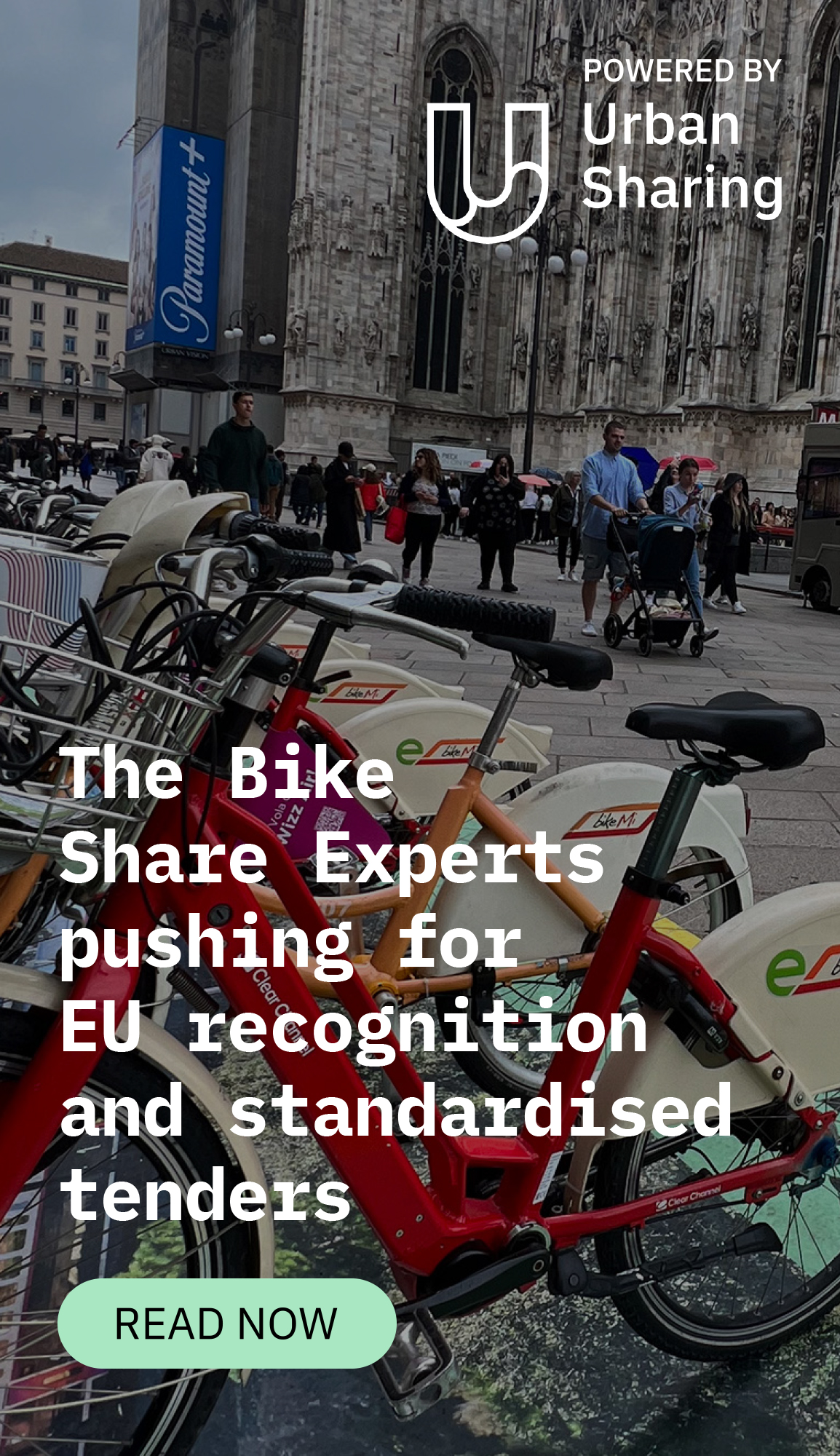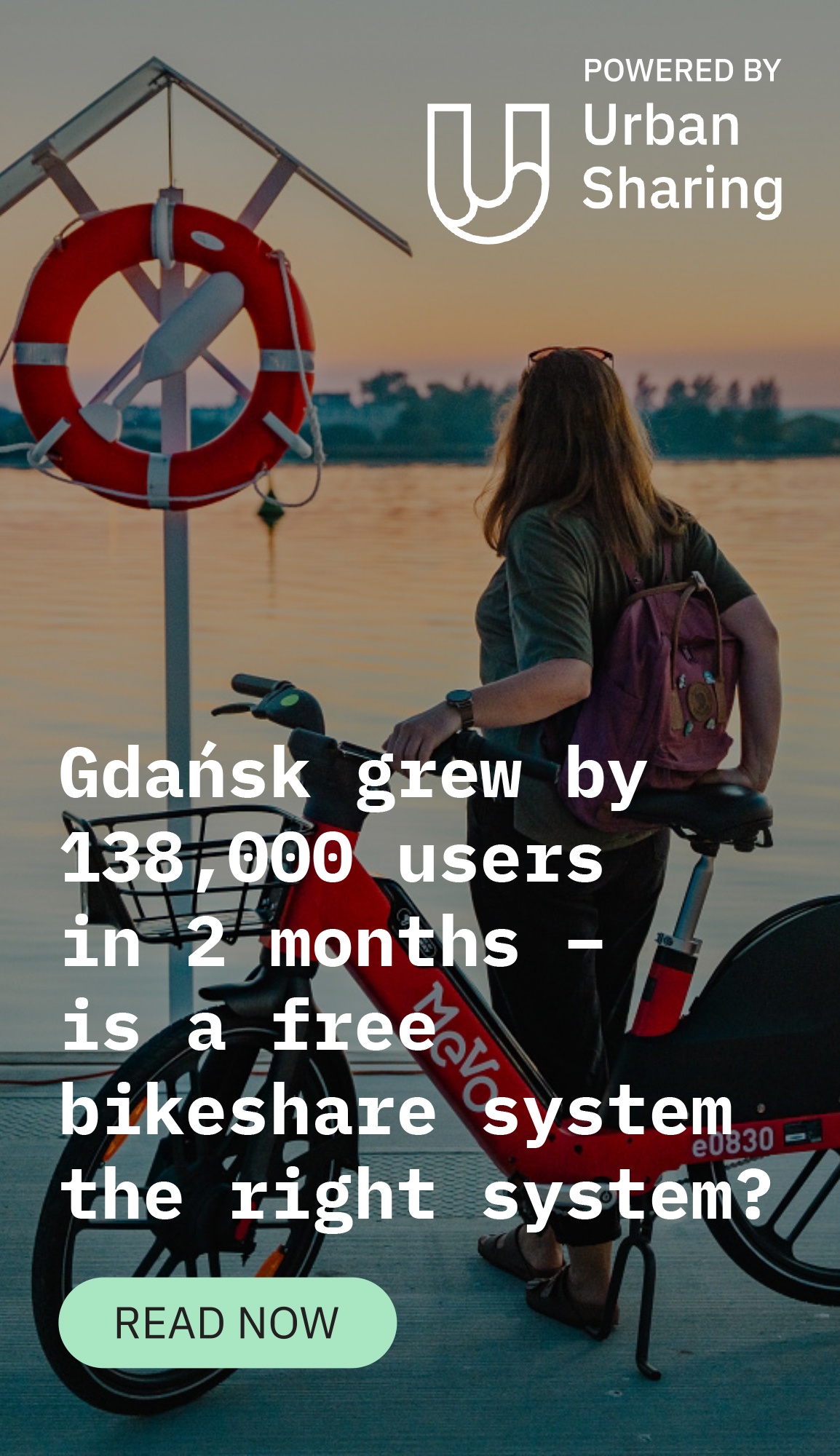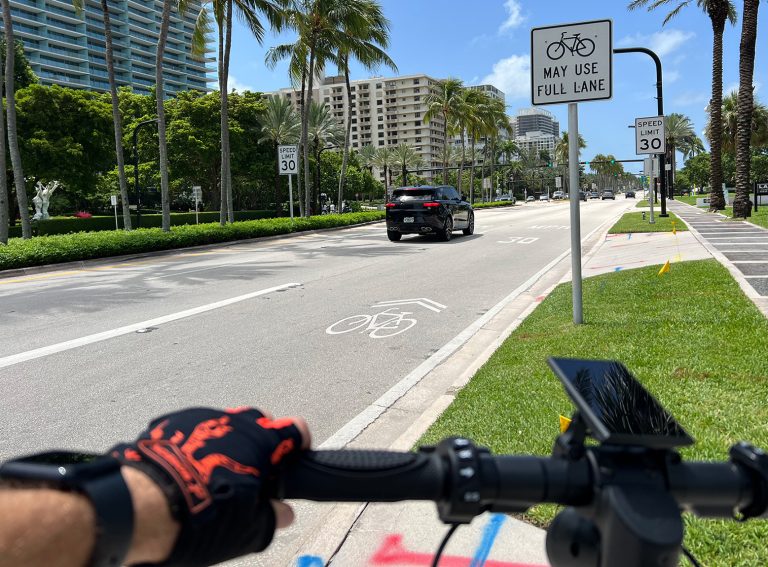Author: Philip Ellis, CEO and Co-Founder, Beryl
Beryl CEO and Co-Founder, Phil Ellis, firmly believes e-scooters are an excellent sustainable transport option and will continue to play a vital role in properly integrated multimodal urban transport.
Speaking after the Paris e-scooter referendum held on Sunday (2 April), Phil said that experience of running three government trial schemes had convinced him about just how beneficial e-scooters are.
“When schemes are delivered properly and in an integrated fashion, they can complement shared systems and boost service provision and resilience,” said Ellis. “This enables cities to rely on them as a fundamental part of their transport strategies.
“They can appeal to those reluctant to define themselves as ‘a cyclist’, encouraging a greater number of people to try alternatives to the car.
“Their presence is also proven to encourage users to try different modes of sustainable transport.”
Paris referendum
A referendum on the French capital’s three current e-scooter hire schemes saw almost 90% vote in favour of removing the vehicles.
This means that the separate contracts, run by different operators, will likely not be renewed when they expire in August this year.
Mayor, Anne Hidalgo, initially welcomed shared e-scooter provision with the first scheme launching in June 2018. However, regulations have progressively tightened since, with the arrival of designated parking zones, top speed limits and operator restrictions.
Critics cited reckless driving and cluttered streets as two of the main issues caused by the competing schemes.
Personal experience
Beryl operates shared e-scooter schemes in partnership with BCP Council, Norfolk County Council and Isle of Wight Council. All three are delivered alongside other modes as properly integrated schemes with Beryl the sole operator. They’re designed to complement local transport networks and encourage people to develop more sustainable travel habits.
The Department for Transport’s latest National Evaluation of e-scooter trials findings report showed Beryl’s Bournemouth and Norwich schemes to be the second and fifth most utilised trials in the 32 trials across the country respectively. The three schemes combined have generated over 1.28m e-scooter journeys.
Phil said: “We obviously love bikes at Beryl, but I have been won over by the importance, even necessity of the e-scooters role within shared schemes.
“Our schemes not only exist to encourage behaviour change toward shared active travel, boosting air quality and public health while cutting traffic congestion, they also add resilience and patronage to public transport systems.
“They play a fundamental role in a city’s public transport mix and can punch well above their weight in improving the health and sustainability of towns and cities. Ultimately, they are better with e-scooters in them, than without them.”
What do the numbers say?
The findings of Beryl’s latest Annual Rider Report reflect this point. They show that riders in Beryl schemes actively embrace variety, with respondents from scheme areas where e-scooters are present being much more likely to try multiple modes and ride more often. The report also showed that more than 53% of the 3000+ respondents used Beryl trips to connect with public transport, further demonstrating the value of true integration.
“If e-scooters are also accessible within a shared system, that will attract more people to the system and can be the difference in making schemes viable without subsidy.
“Beyond that, the numbers show that in our systems the majority of people use a mix of all modes, even if they were first attracted by an e-scooter.”
Integration – allowing e-scooters to fulfil their potential
Ellis insists that the Paris model, which had three competing schemes run by different operators, demonstrates the value of integration in truly allowing e-scooters to flourish.
He believes that this uncoordinated approach provided members of the public a skewed vision ahead of the referendum.
“I believe that the lack of proper cohesion, and the subsequent public vision this created, actively changed the nature of the Paris referendum.
“It stopped being a vote on whether shared electric scooters can benefit residents and visitors to a city, instead becoming a vote on whether shared electric scooters should be banned based on what you’ve seen so far.
“When allied with a very low electoral turnout – which I understand was under 8% of those eligible to vote – I don’t feel that it was truly representative of how people view properly integrated schemes.”
What does Paris mean for the future of shared urban e-scooter schemes?
Long-term, Phil doesn’t believe that the Paris vote foretells a bleak future for the role of e-scooters in public sharing schemes across the World.
He agrees that it may see the development of more government-owned schemes. However, he is keen to point out that this delivery model does not automatically mean it’s subsidised and is not necessary to deliver the kind of system that is valued by residents and visitors.
“It means that organisations, politicians and transport authorities have the opportunity to more clearly deploy shared bike, ebike and e-scooter sharing systems that fulfil the potential of these modes and target mode shift from private cars and a behaviour change toward shared travel.”








